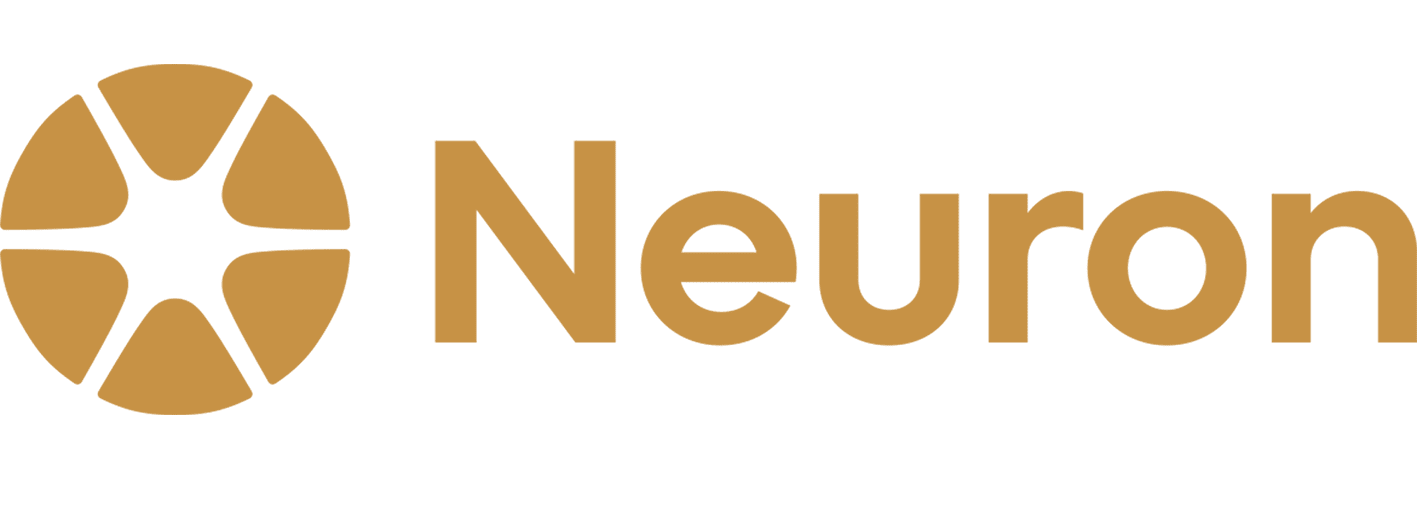An Israeli Intern Discovered a Technique That Improved the Resilience of AI

For the first time, the Neuron Foundation and the IOCB Tech Foundation gave two talented Israeli students an internship at the Faculty of Mathematics and Physics, Charles University, where they could devote themselves to research in the field of artificial intelligence and the protection of cultural heritage.
During his internship, Kfir Shtokhamer from Hadassah Academic College Jerusalem focused on the issue of so-called adversarial patterns in machine learning, specifically image recognition models. “You can imagine a picture of a cat to which we add a specially created noise, i.e. a hostile pattern. To the human eye, the image will be the same, but the model will see something completely different in it, for example a bus," explains Associate Professor Martin Pilát, Kfir Shtokhamera's mentor.
The goal of Kfir's internship was to increase the resistance of these models against adversarial patterns. He managed this by a few percentage points. His research thus offers the potential to further improve machine learning.
Nitay Yehezkely, also from Hadassah Academic College Jerusalem, devoted his internship to deciphering Hebrew inscriptions on Jewish tombstones in Prague and the surrounding area using artificial intelligence. "Czech Jewish cemeteries are an important database of historical data about the Jewish population. However, due to time, some of the inscriptions became unreadable to the human eye," explains Yehezkely. "The goal of my project was to facilitate research on Jewish monuments and contribute to the preservation of Jewish cultural heritage by enabling the interpretation of illegible inscriptions."
Both internships took place as part of the third year of the Neuron & IOCB Tech Internships in Israel program, supported by the Neuron Foundation and the IOCB Tech Foundation.

"Our goal is to enable students from Czech universities to get to know the Israeli academic environment and how it actively supports the transfer of scientific knowledge and technology into practice. This successful Israeli approach can be a great inspiration for us, this is why supporting closer contacts and gaining experience is so important," says Dr. Barbara Eignerová, Chairman of the Board of Trustees of the IOCB Tech Foundation.
However, due to the ongoing conflict and the worsened security situation in Israel, the program underwent major changes this year.
"We changed the internship program and for the first time Israeli students got to know the Czech environment and could enrich students in Czechia," says Monika Vondráková, director and co-founder of the Neuron Foundation.
The Neuron Foundation took care of the entire organizational process of the internship, from connecting with mentors to field trips.
